The Tale Behind the Name “Polyglot Dreams”
Imagine a world where language knows no boundaries, where the realm of dreams becomes a playground of linguistic wonders. This is the essence of “Polyglot Dreams,” a name that encapsulates the profound experience of dreaming in multiple languages and the limitless creativity it ignites.

Image Source: Poem Hunter
Being a polyglot brings with it the unique ability to dream in various languages, opening a treasure trove of linguistic exploration. It is within these dreamscapes that the true beauty of multilingualism unfolds—a freedom that knows no limits. In the realm of dreams, language becomes a magical gateway, effortlessly guiding you through different linguistic landscapes with ease and fluidity.
But there’s more to the story behind “Polyglot Dreams.” It was during a profound lucid dream, recounted in Chapter 38 of my memoir “A Life in 30 Languages,” that the true potential of the mind for fluent speech in our target languages was revealed. In this dream, I encountered imaginary Polish native speakers who conversed naturally, displaying the intricacies of language complexity, speech patterns, prosody, and accent. It struck me that my own mind had effortlessly created their authentic Polish speech. Dreaming, it seemed, allowed me to transcend my usual linguistic identity and communicate fluently in foreign languages.
In the waking state, our social interactions in new languages are often hindered by the emotions tied to our self-identity and limiting beliefs. However, within the realm of dreams, we are liberated from these constraints. We can transcend our habitual linguistic and cultural identities, allowing ourselves to reinvent and explore new languages and cultures without the burdens of societal expectations. Dreaming empowers us to embrace a profound freedom of expression and expand our linguistic horizons beyond what we thought possible.
The second meaning of “Polyglot Dreams” is related to dreaming of becoming a polyglot. As early as six years old, I would listen to foreign languages on a shortwave radio, dreaming of the day I would understand and interact with people from diverse linguistic and cultural backgrounds. The name represents the lifelong pursuit of language knowledge and the thirst for experiencing the world through additional languages and cultures.
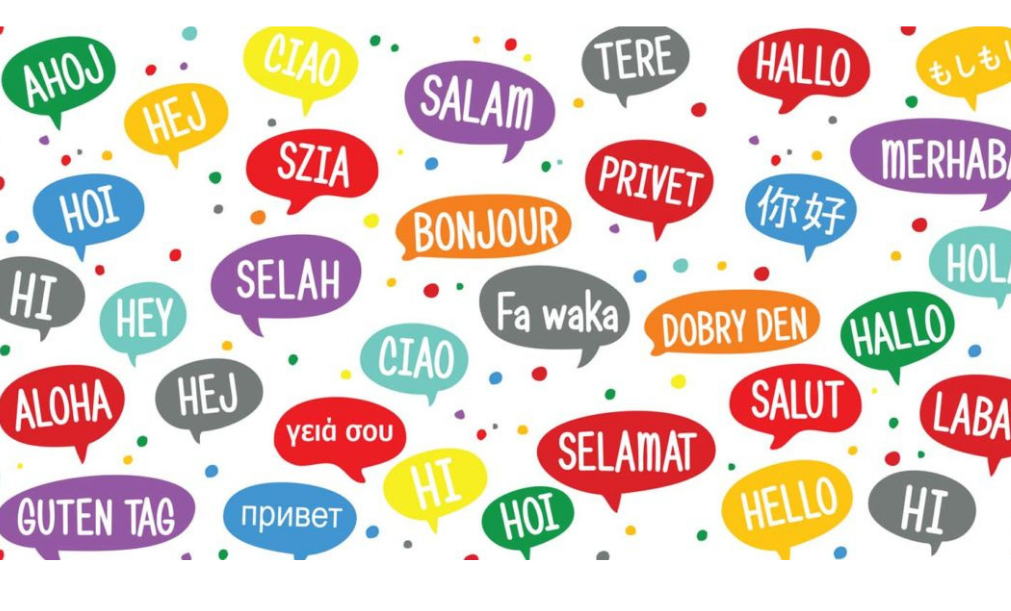
Image Source: Bilingual Kid Spot
Great Passion for Languages and Cultures
How many languages do I speak, and at what level?
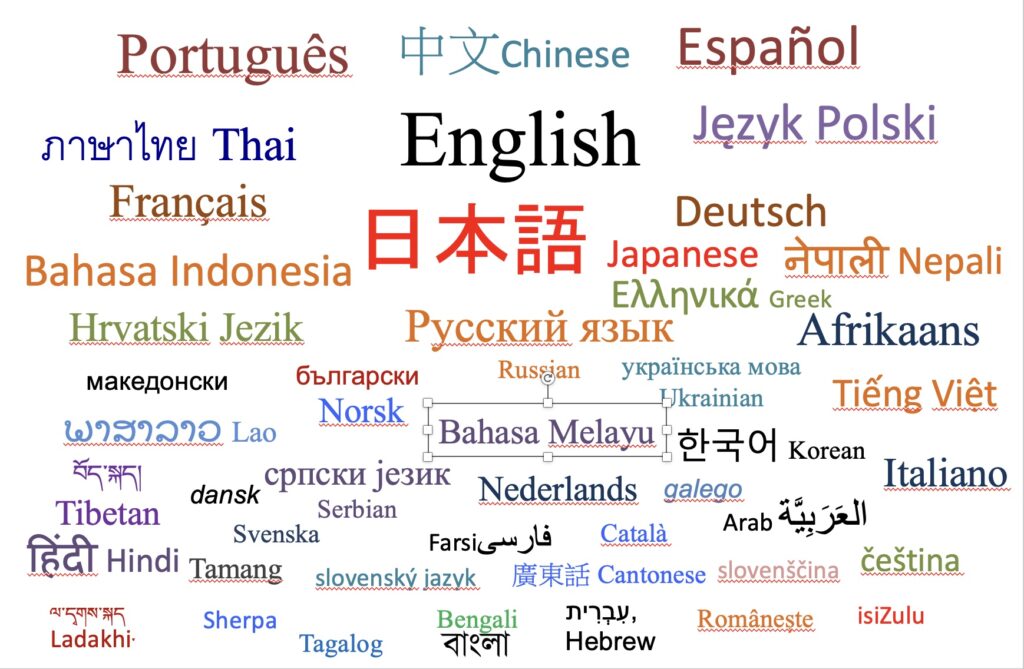
At first glance, this seems like a straightforward question that should be easy to answer. Nothing could be farther from the truth in the case of someone who has studied and used dozens of diverse languages. Typically, my reply is “30 plus languages.” The answer depends on two main factors. The first is the delineation between language and dialect. For example, the number of Slavic languages ranges from 11 to 19, depending on which ones are considered distinct languages. My most robust Slavic languages are Polish, Russian, BCMS (Bosnian, Croatian, Montenegrin, and Serbian), and Slovak. However, I can understand all Slavic languages from intermediate to advanced levels in their spoken and written forms. Thus, the number of Slavic languages I speak or understand is between 11 and 19.
The above discussion is a segue into examining active versus passive knowledge—the second factor. Passive knowledge/ability in languages (listening comprehension and reading) is almost always greater than active knowledge/ability (speaking and writing). However, passive ability can accelerate the development of active ability when concentrating on a language similar to one you already know well. There are languages that I can understand at B1 to C1 levels due to knowing similar (cognate) languages, but I cannot speak at those levels without intensive practice. Additionally, there are languages that I can understand quite well and even make myself understood without having ever studied the languages in question. An example among the Romance languages is Galician. With my knowledge of Spanish and Portuguese, it is possible to understand Galician at a very high level and learn to express myself well after a short period of intensive study.
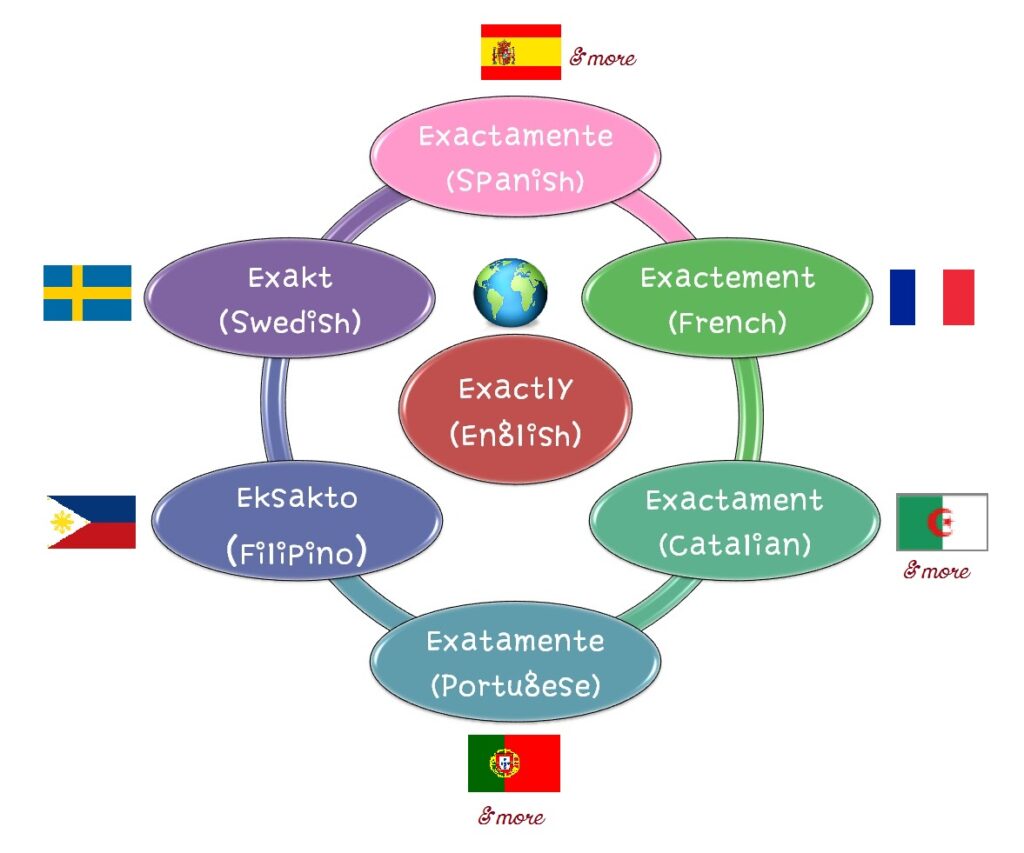
Image Source: Koen’s World Blog
When we consider the hours spent immersed in the study, conversation, listening, reading, and writing, a comprehensive list of the top 31 languages emerges. English, Japanese, Spanish, Chinese (Mandarin), Thai, Polish, Portuguese, French, Russian, German, Nepali, Indonesian, Malay, Serbo-Croatian, Vietnamese, Italian, Greek, Korean, Afrikaans, Slovak, Norwegian, Lao, Dutch, Czech, Slovene, Ukrainian, Bulgarian, Hungarian, Hindi, Tibetan, and Tamang are the languages I have engaged with most extensively. Additionally, I have a solid understanding of other cognate languages such as Belarusian, Macedonian, Swedish, Danish, Catalan, and Galician. Furthermore, I have studied several languages at a beginner or novice level, including Sherpa, Ladakhi, Romanian, Cantonese, Arabic, Farsi, Hebrew, Zulu, Tagalog, and Bengali. Altogether, the total count amounts to 47 languages, yet for simplicity’s sake, stating “30 or more languages” captures the essence of my multilingual journey.
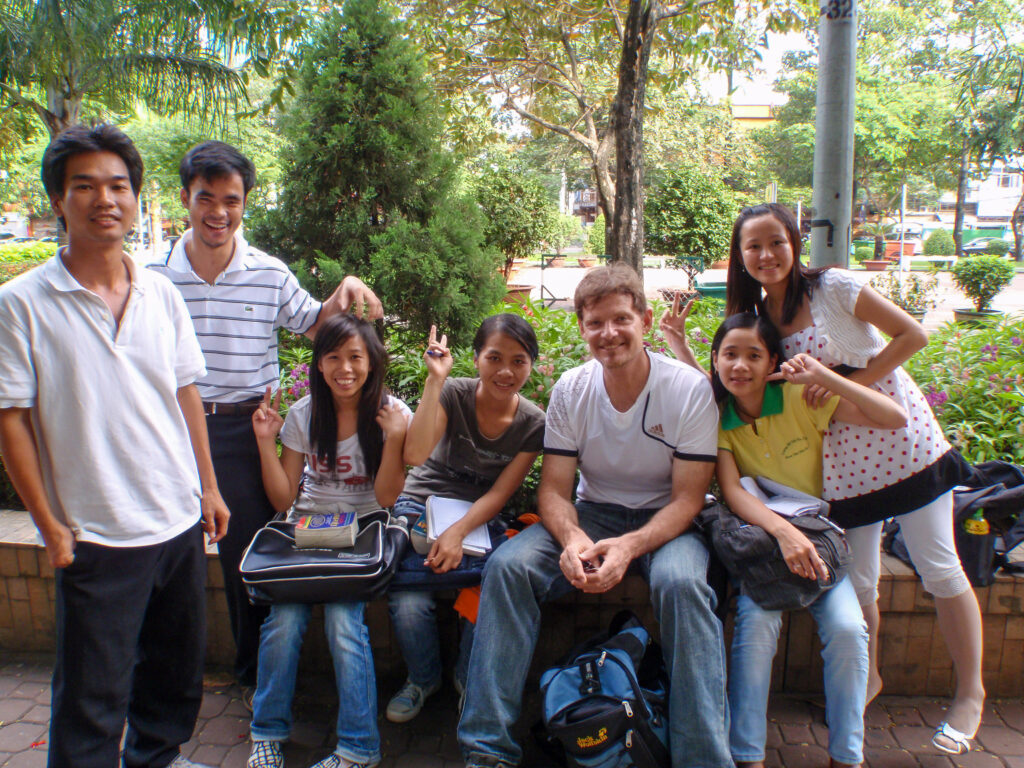
My unwavering commitment to language learning and my insatiable thirst for cultural exploration continue to shape my linguistic endeavors. Each language offers a gateway to new perspectives, enriching connections, and an ever-deepening appreciation for the diverse tapestry of humanity’s communication.
My Diverse Interests and Pursuits
Hobbies and interests are the windows to our souls, revealing the depths of our passions and the exhilaration of life’s adventures.
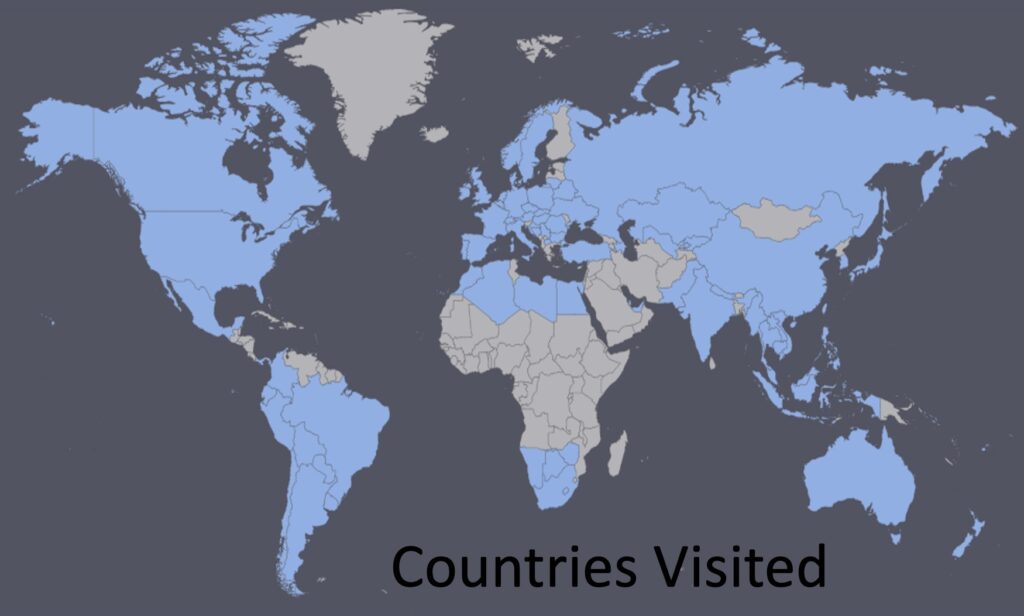
Image Source: Unknown
Travel: My wanderlust knows no bounds, as I have traversed 99 countries and counting. Each new destination awakens a burning curiosity within me, urging me to immerse myself in the local culture, learn their languages, and embrace their unique perspectives on life. From the vibrant streets of bustling cities to the serene landscapes of remote corners of the globe, travel fuels my insatiable thirst for knowledge and connection.
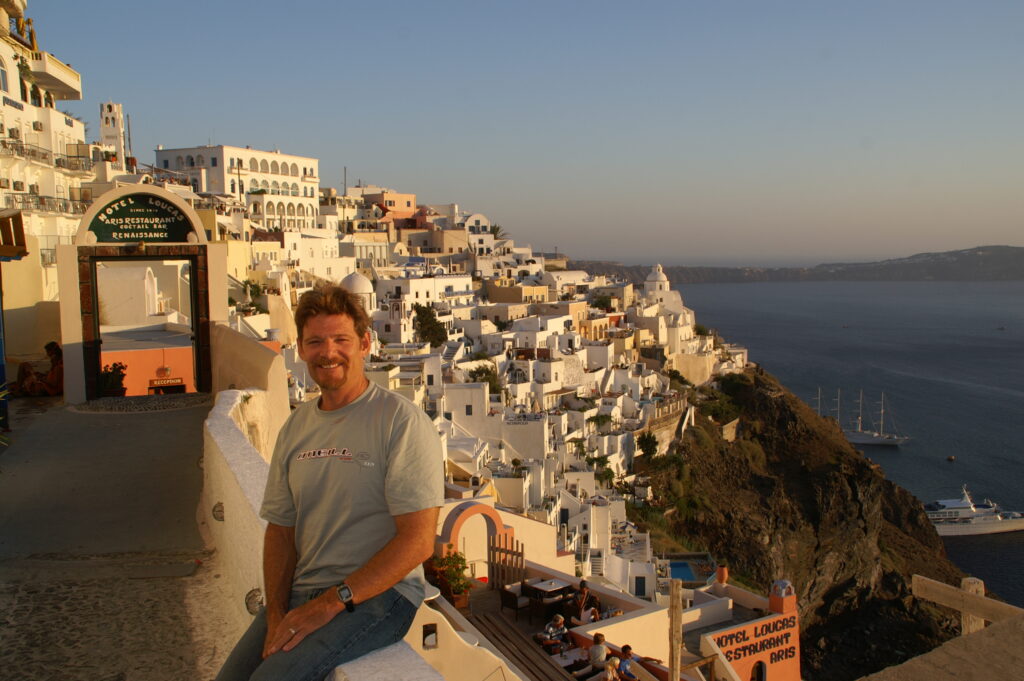
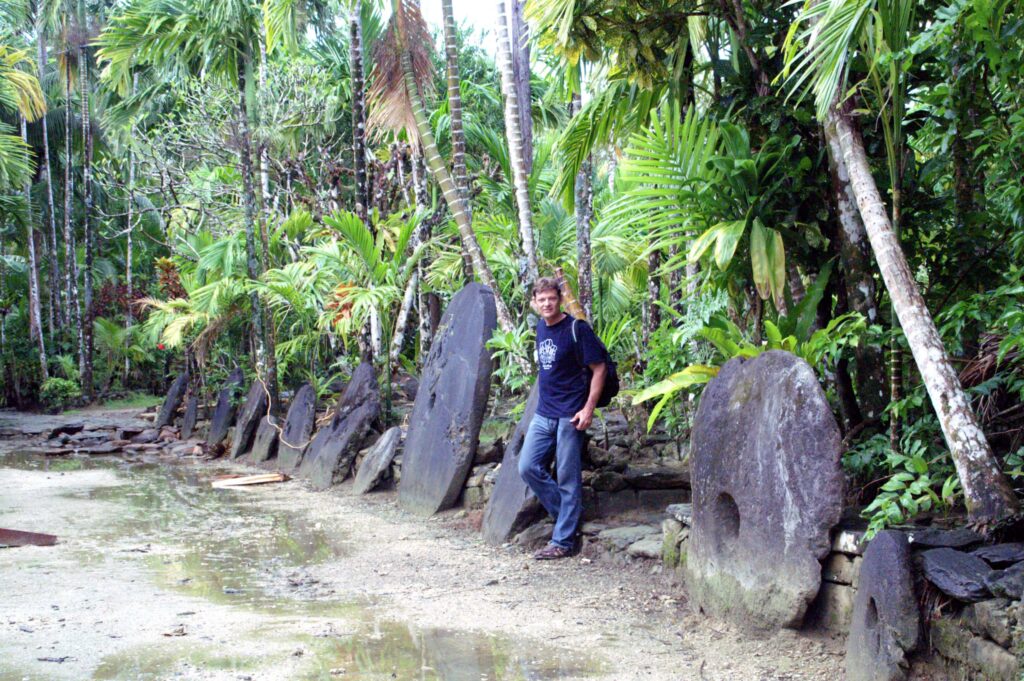
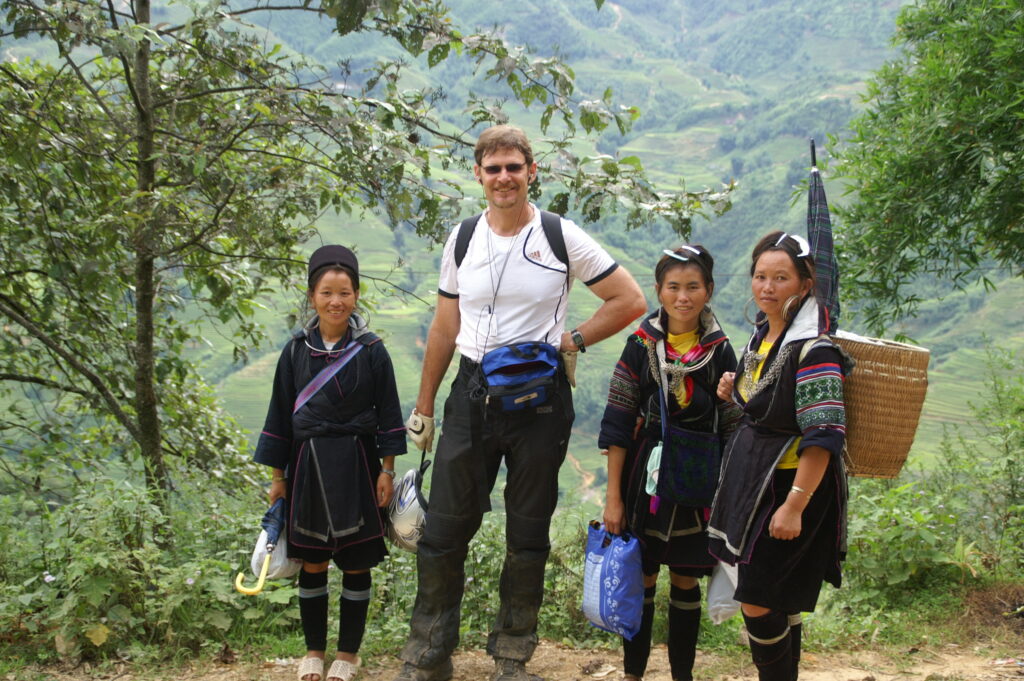
Snow Skiing: Over the years, my passion for skiing has taken me to some of the most remarkable ski resorts around the globe, with each destination offering its own unique skiing experience. From the challenging slopes of Colorado in the United States to the scenic beauty of Whistler in Canada, I have had the privilege of skiing amidst some of the most breathtaking landscapes. However, in recent years, I stay in Japan. The soft, light, and extremely dry powder snow in Hokkaido is a dream come true for any ski enthusiast.
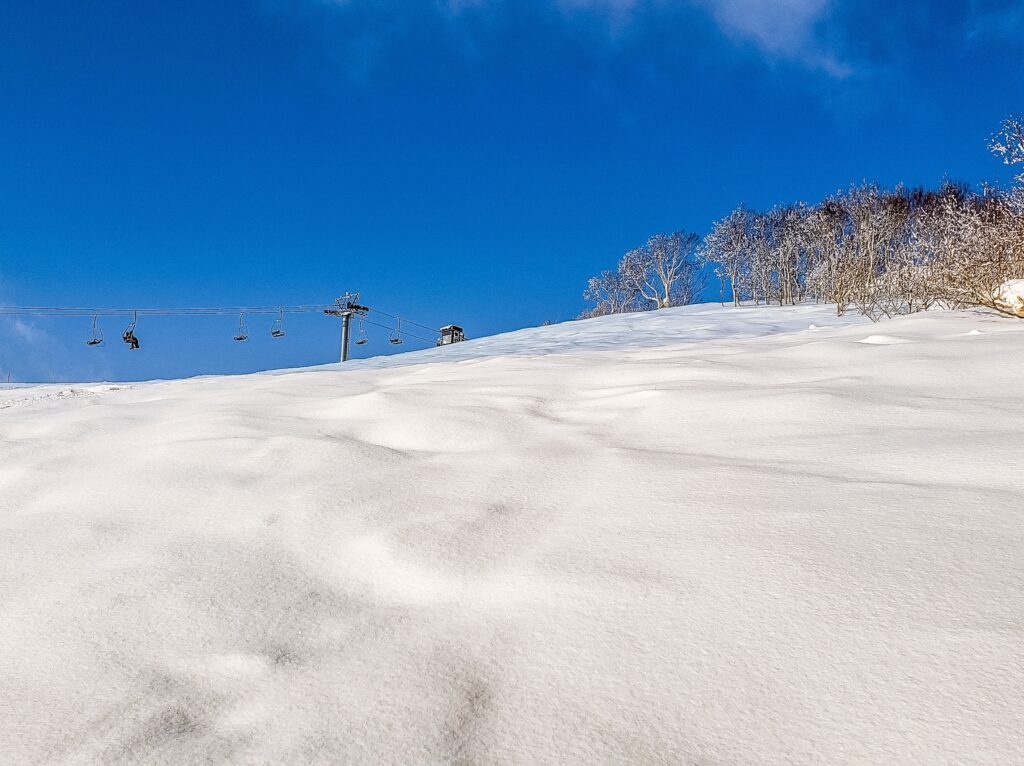
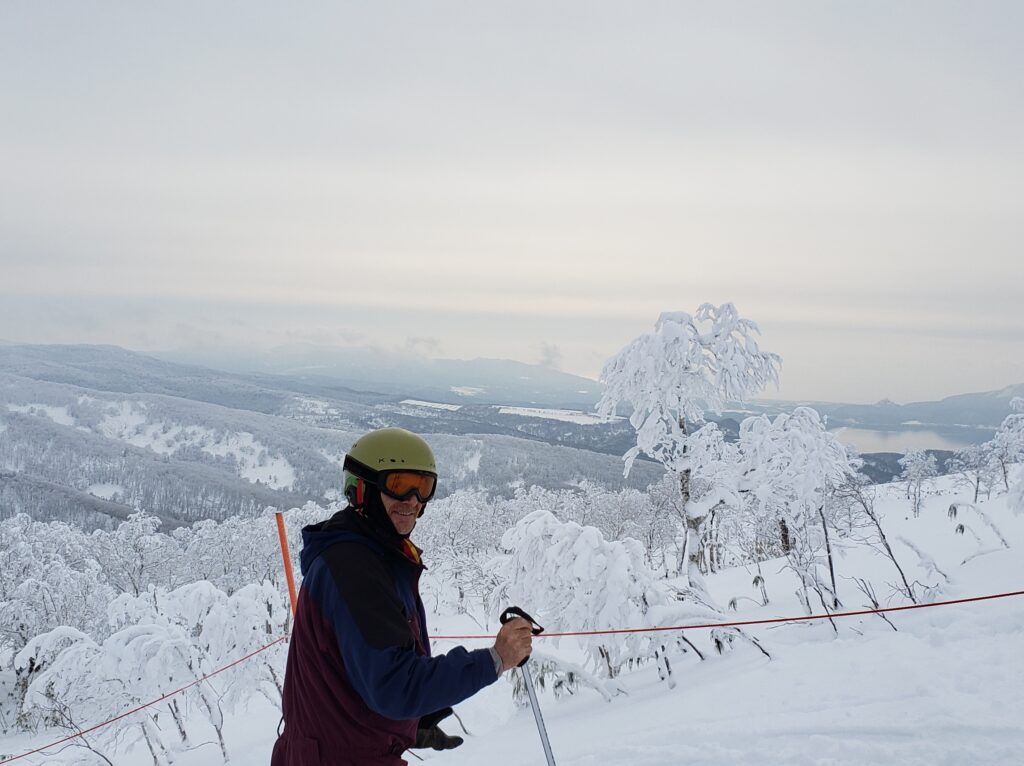
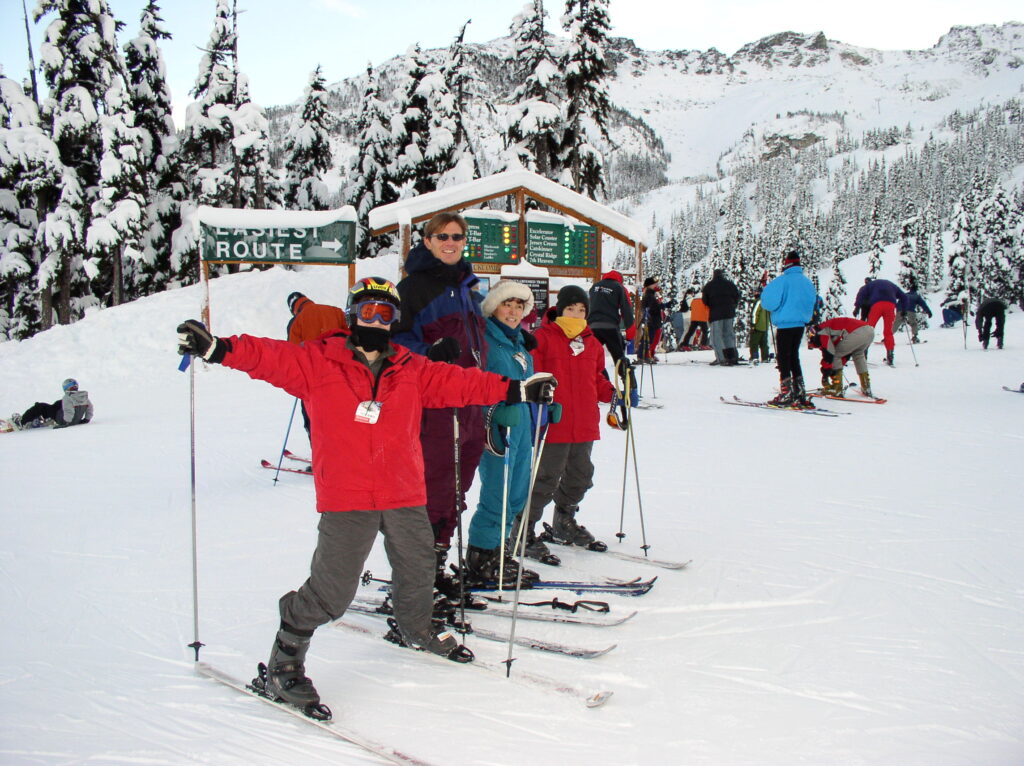
Scuba Diving: Descending into the depths of the ocean, I embark on a captivating dance with the underwater world. Through the lens of my camera, I capture the breathtaking beauty that lies beneath the waves. From the mesmerizing wonders of Sipadan Island in Malaysia to the pristine havens of Palau and Yap Island in Micronesia, I have explored an array of awe-inspiring dive sites. From the vibrant colors of the Red Sea to the mystique of the Blue Hole in Belize, from the remote corners of the Solomon Islands to the majestic Great Barrier Reef in Australia, and beyond, the underwater realm never ceases to enchant me. Through my YouTube channel, I share these mesmerizing experiences, allowing others to glimpse the hidden treasures of the deep.
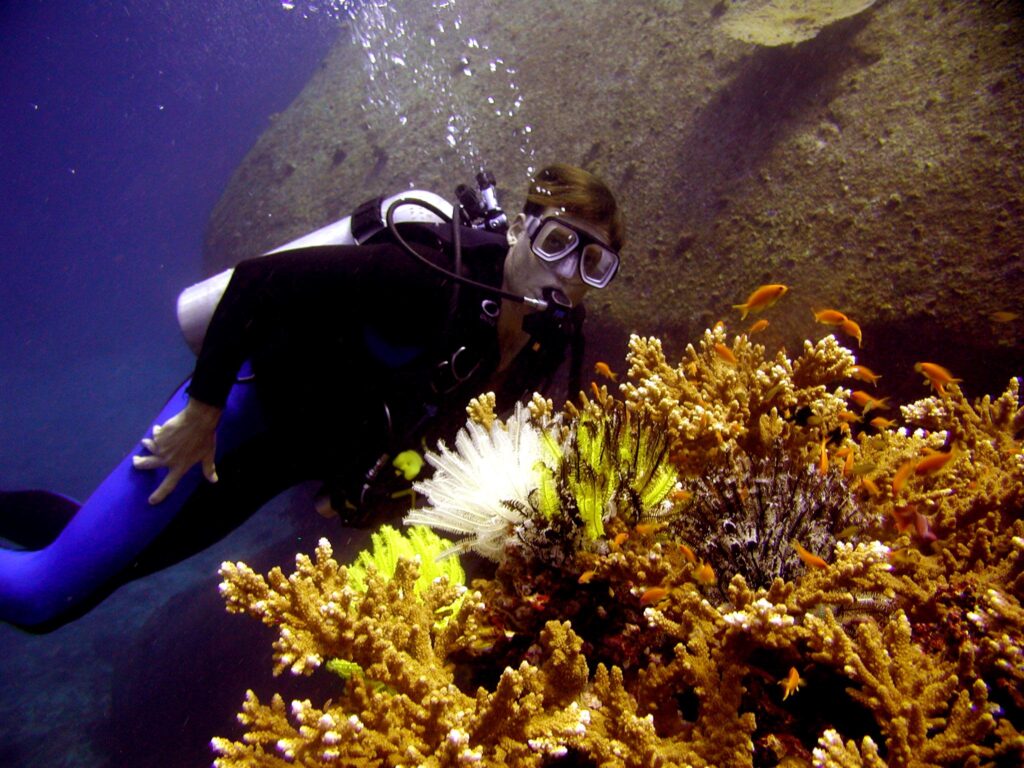
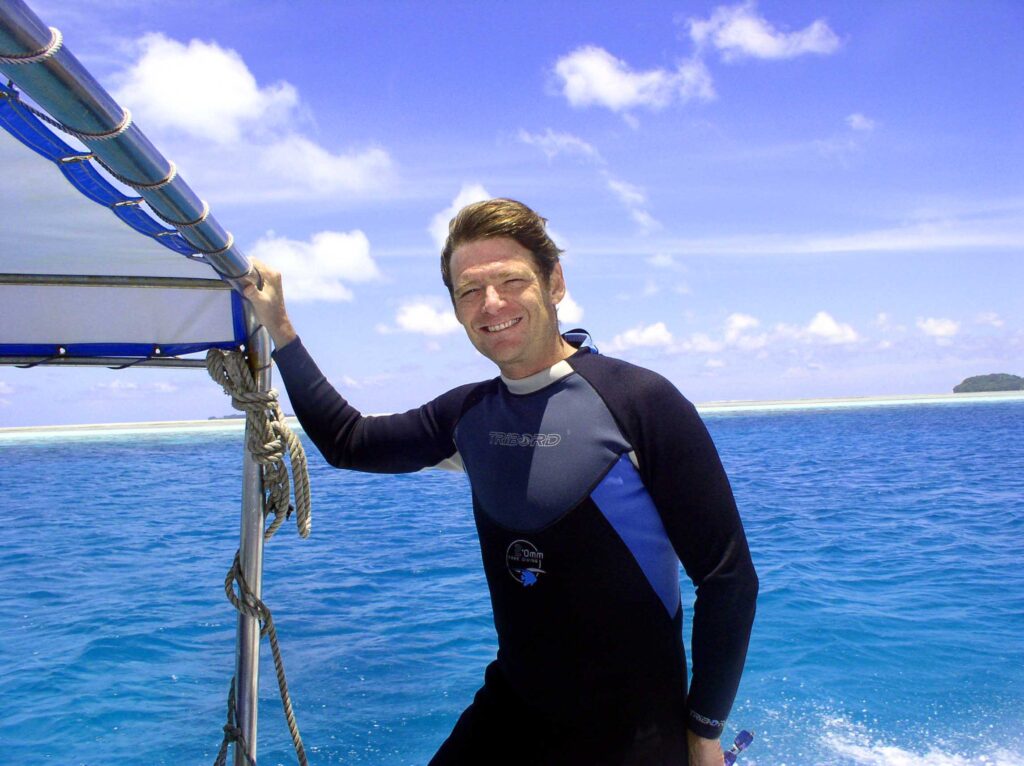

Trekking: The mighty Himalayas beckon, and I answer their call. My heart yearns for the exhilaration of trekking amidst the awe-inspiring peaks of Nepal, Tibet, India, and Pakistan. These majestic landscapes offer more than just physical challenges; they provide a gateway to spiritual introspection and profound tranquility. It is amidst the serenity of these natural wonders that I find solace and a deeper connection to the world around me. Immersed in the rich tapestry of Himalayan cultures, I dedicate myself to studying languages such as Tibetan, Tamang, and Sherpa, with the aspiration of truly understanding and communicating with the people who call these lands home.
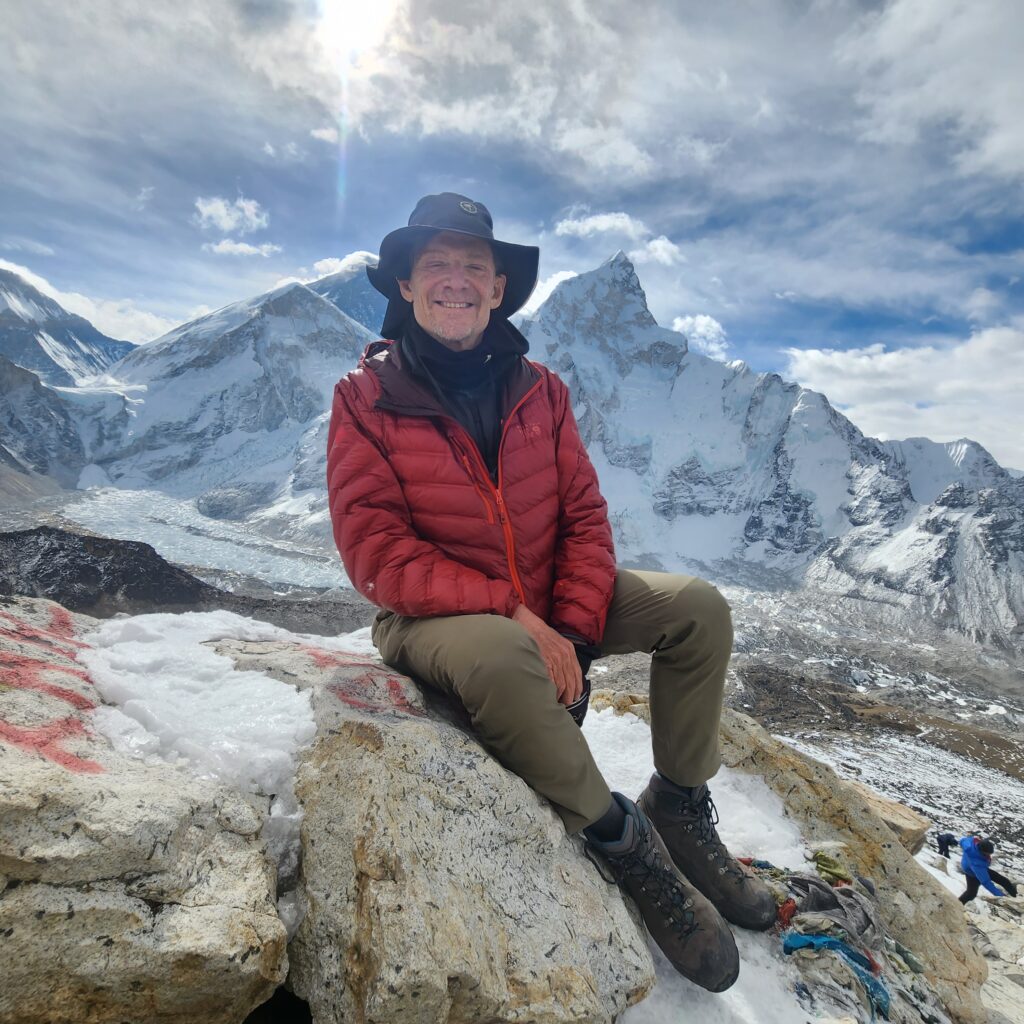
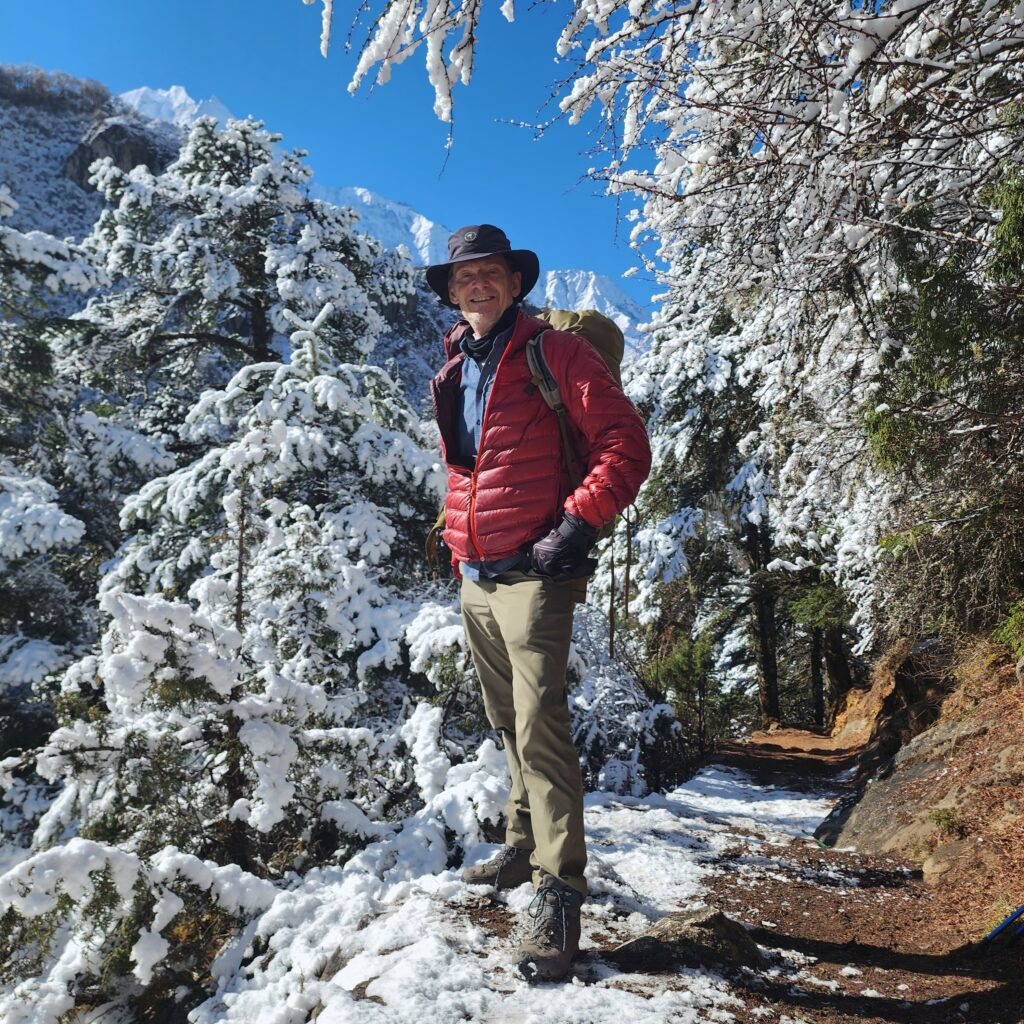
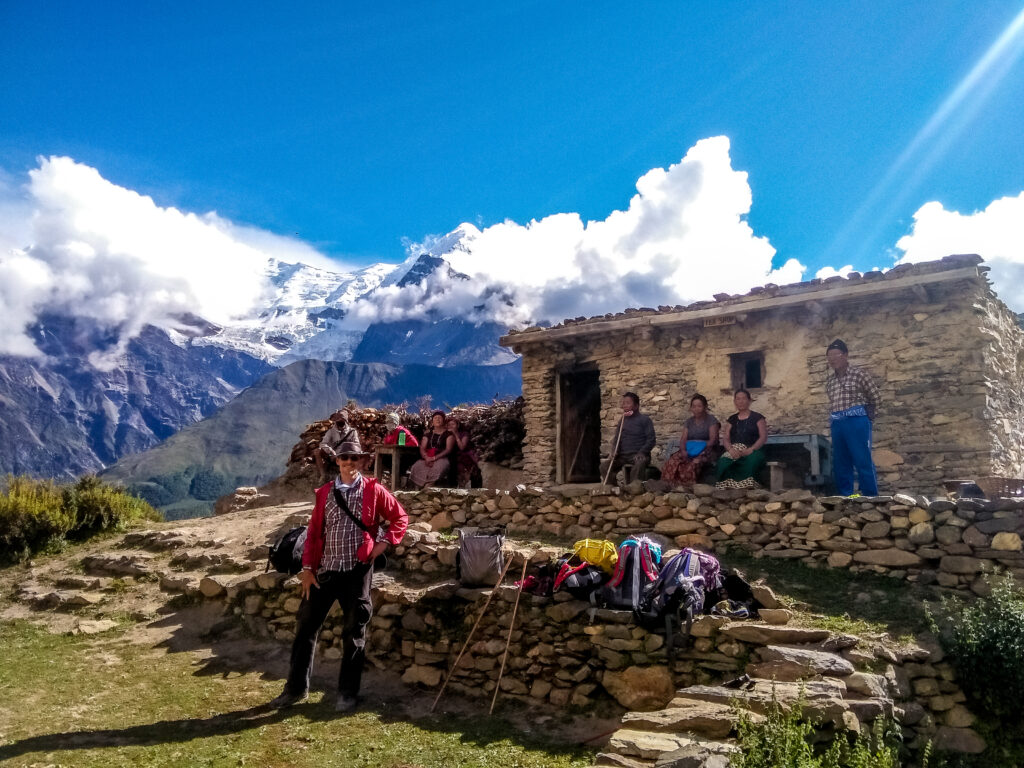
Motorcycle Touring: Roaring engines, winding roads, and a sense of freedom define my love for long-distance motorcycle touring. It all began with an unforgettable journey aboard a Jawa CZ 350, where I embarked on an epic adventure through Eastern Europe, North Africa, and beyond written about in my memoir A Life in 30 Languages. Since then, I have traveled tens of thousands of kilometers, exploring the picturesque landscapes of Japan, Vietnam, northern India, and the United States on two wheels. Each twist and turn is an opportunity for discovery, allowing me to witness the world’s wonders firsthand. As the open road calls, I eagerly anticipate the thrilling adventures that lie ahead in the years to come.
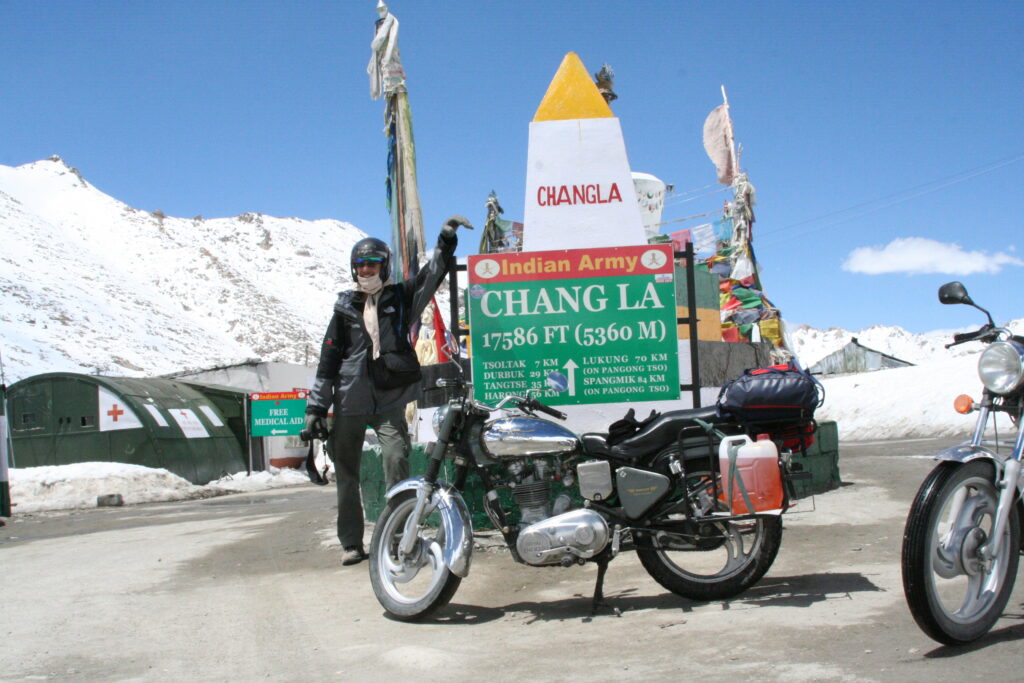
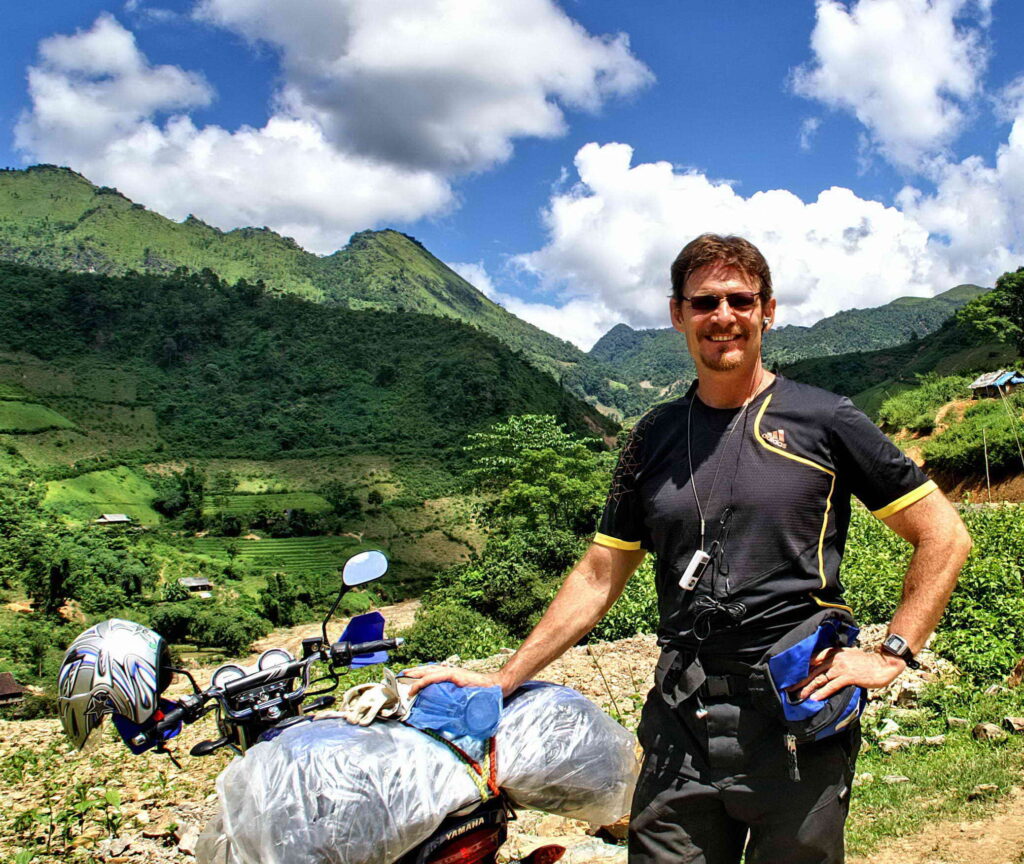
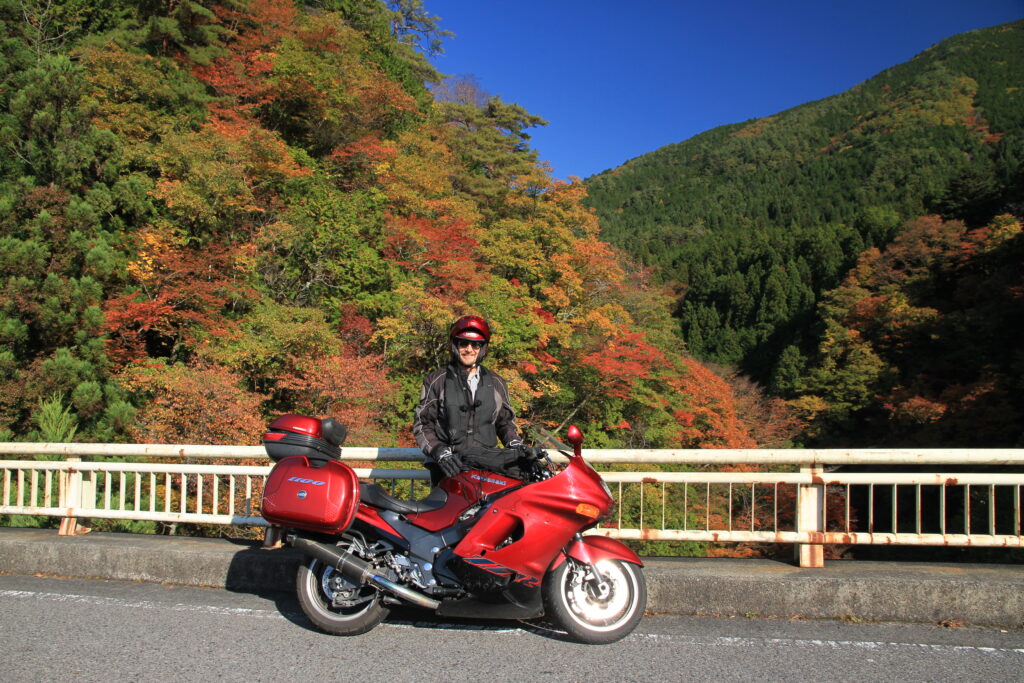
In every aspect of my life, whether it’s delving into foreign cultures, capturing the beauty beneath the waves, trekking in the awe-inspiring Himalayas, or embarking on thrilling motorcycle journeys, I embrace the pursuit of experiences that awaken my soul and forge connections with the world around me. Through these passions, I continue to learn, grow, and discover the boundless wonders that life has to offer.
Formal Education
PhD, International Human Resource Management, Queensland University of Technology, Brisbane, Australia
(Topic: Host Country Managers in Japanese Subsidiaries in South-East Asia and Australia)
Master’s International Business Studies, University of South Carolina, Columbia, South Carolina, USA (Japanese Track) –
Graduate Studies in Chinese Literature, Kyushu University, Fukuoka, Japan
Graduate Studies in Slavic Literature, Adam Mickiewicz University, Poznan, Poland
Bachelor of Arts and Sciences (Major: International Relations, Minor: Business Administration) University of Florida
Study at the United Nations Secretariat, Geneva Switzerland, Kent State University Program, (International Relations and Business)
Foreign student at Universidad de los Andes, Bogota, Colombia, (Latin American Literature)
Early College Enrolment at age 16 at Broward Community College, Pompano, Florida
Academic Experience
Professor (tenured), Department of International Management, Kyushu Sangyo University, Cross-Cultural Management, Comparative Management, Human Resource Management and other courses at both undergraduate and graduate levels, Fukuoka, Japan
Adjunct Professor, Kyushu University EMBA program, Cross-Cultural Management & Cross-Cultural Communication, Fukuoka, Japan
Adjunct Professor, Tulane University EMBA Programs in Shanghai and Taipei, Leadership and Negotiation
Adjunct Professor, Faculty of Commerce and Accounting, Chulalongkorn University, Bangkok, Thailand, BBA, Asian Management
Adjunct Professor, Faculty of Commerce and Accounting, Chulalongkorn University, Bangkok, Thailand, Master’s in International Management Program, Asian Business Strategies and Negotiation Strategy/Cross-Cultural Negotiation
Adjunct Professor, Temple University Japan, EMBA Program, Human Resource Strategies
Adjunct Professor, Kyushu University, Faculty of Economics, PhD Course, teaching Foreign Direct Investment and Economic Development, from 2002 to 2003
Adjunct Professor, Faculty of Economics, Chulalongkorn University, Bangkok, Thailand, Master’s in Administrative Economics, Economics of Human Resource Management
Work Experience at Major Multilnationals
Corporate Marketing Manager of Japanese Automotive Programs, General Electric (GE), Southfield, Michigan
Marketing Manager, Westvaco Japan, Tokyo, Japan
Courses Taught in Executive Education at Multinationals
Courses in Leadership, Strategic Human Resource Management, Negotiation, Cross-Cultural Management, and Cross-Cultural Communication at NEC, Hitachi, Toshiba, Kao, Solectron (China), Siam Cement (Thailand), among others.
Assisted multinationals in localization of management through courses in Cross-Cultural Management, Leadership, and Strategic Human Resource Management.
Areas of Specialization and Courses Taught
- Cross-Cultural Management and Cross-Cultural Communication
- Foreign Language Acquisition and Cultural Adaptation
- International Human Resource Management
- Strategic Human Resource Management
- Comparative Management
- Negotiation Strategy and Cross-Cultural Negotiation
- Japanese Management
- Asian Management
- Global Leadership

